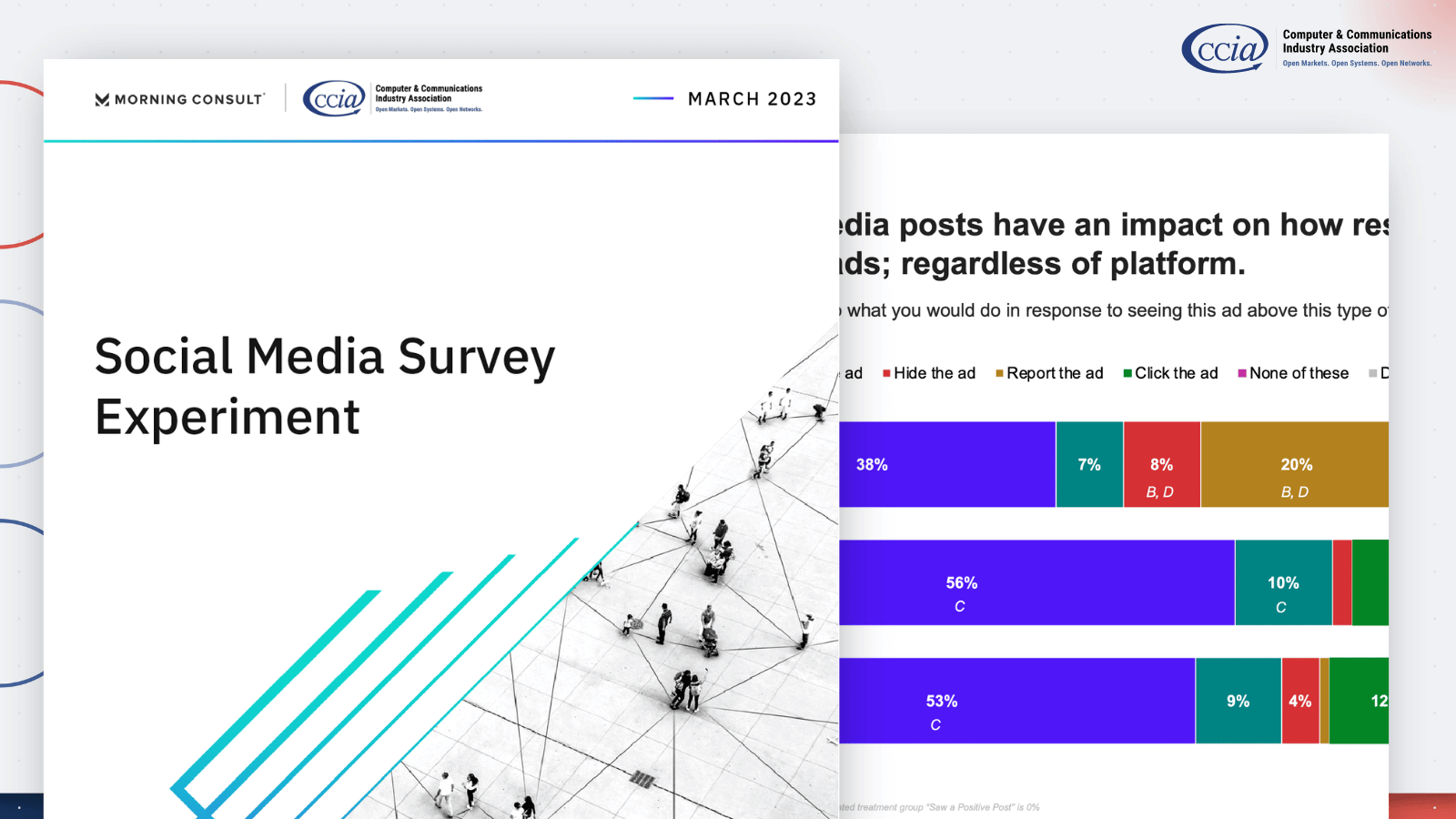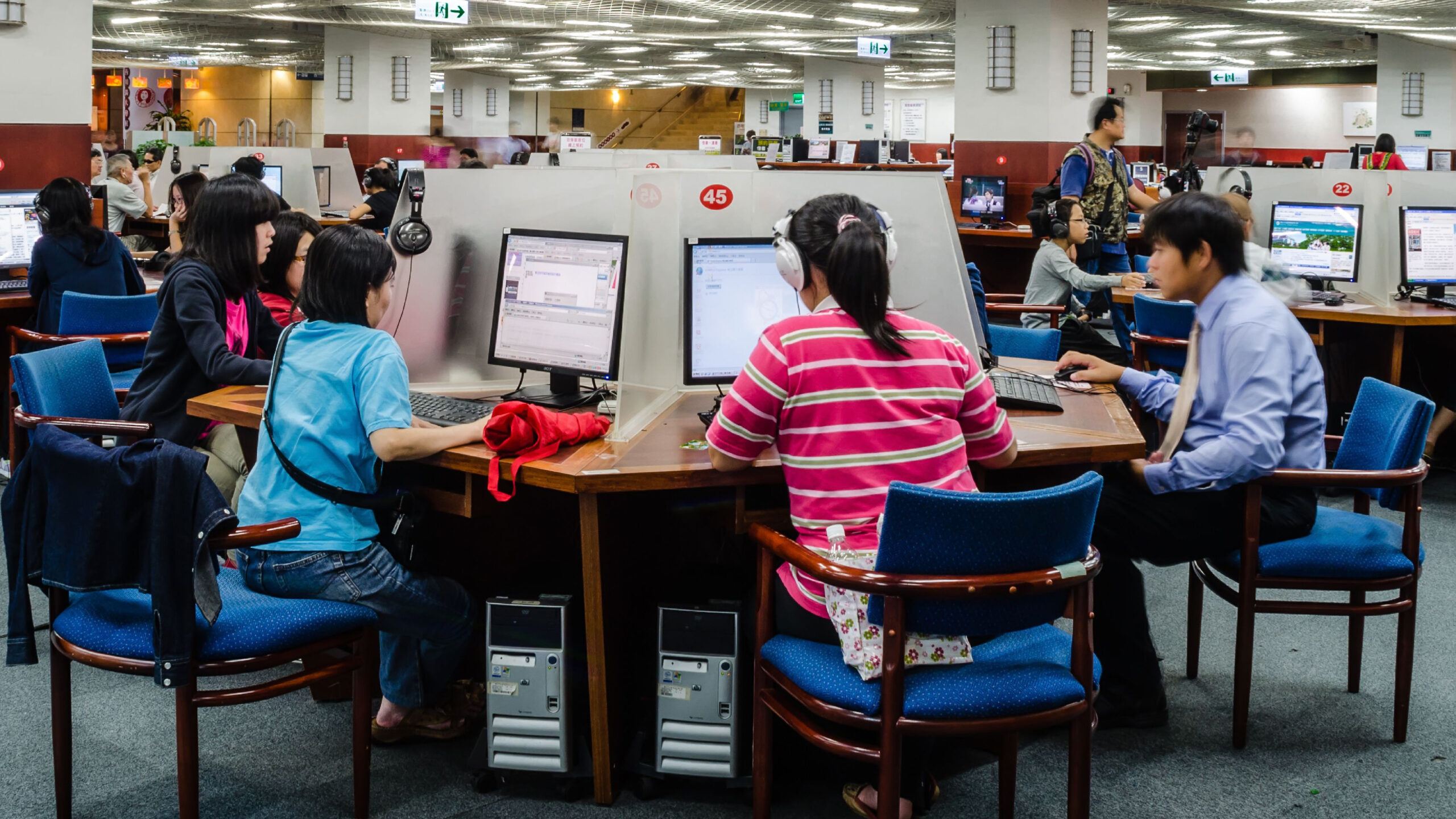Protecting Internet Intermediaries
What would the Internet be without its intermediaries? Nothing, that’s what. Intermediaries are what carry, store, and serve every speck of information that makes up the Internet. Every cat picture, every YouTube comment, every Wikipedia article. Every streamed video, every customer review, every online archive. Every blog post, every tweet, every Facebook status. Every e-business, every search engine, every cloud service. No part of what we have come to take the Internet for exists without some site, server, or system intermediating that content so that we all can access it.
And yet, if we’re not careful, we can easily lose all the benefits these intermediaries bring us. Thankfully, in the United States we have some laws that help ensure they can exist, chief among them 47 U.S.C. Section 230. As my recent paper on the state of the law regarding intermediary liability explains, this law stands for the proposition that intermediaries are only responsible for what they themselves communicate through their systems – not what others use them to say. For example, newspapers that post articles online are only responsible for the content of the articles they publish, not the comments readers then post to them. Similarly consumer review sites are only responsible for the information they supply to their sites, not the user reviews themselves. This same principle also means that people who link to content (as search engines do) are not legally responsible for that content, even if that content should happen to be illegal in some way (like by being potentially defamatory).
The reason Section 230 has been so helpful in allowing the Internet to thrive and become this increasingly rich resource is that by relieving intermediaries of liability for the content passing through their systems it has allowed for much more, and much more diverse, content to take root on them than there would have been had intermediaries felt it necessary to police every byte that passed through their systems out of the fear that if they didn’t, and the wrong bit got through, an expensive lawsuit could be just around the corner. Because of that fear, even if those bits and bytes did not actually comprise anything illegal intermediaries would still be tempted to over-censor or even outright prohibit scads of content, no matter how valuable that content might actually be.
But Section 230 has some limits in its protection for intermediaries, and around those edges we see the Internet’s incredible marketplace of ideas begin to corrode. One of the notable exceptions to Section 230’s protection for intermediaries arises when the content in question is accused of violating “intellectual property” law. To the extent that “intellectual property” includes copyright, however, another law steps in to provide intermediaries some protection. Section 512 of the Copyright Act, often referred to as the DMCA, instead provides intermediaries some protection if they comply with several criteria – although not nearly as effectively as Section 230. Whereas Section 230 provides protection from liability automatically, without the intermediary needing to do anything (while nonetheless encouraging them to edit out the less-desirable content by also immunizing them for doing that), the DMCA instead requires intermediaries disable access to allegedly infringing content as soon as they have been given notice of it.
Happily, recent case law on the DMCA has reaffirmed that intermediaries still do not have to actively police for potentially infringing content, which is particularly important for any site that hosts content for hundreds, if not thousands or millions, of users. Indeed, copyright permissions are contextual and the intermediary is never going to be properly equipped to know whether content on its systems was put there with permission or without. Instead the burden to police for copyright infringement remains with the copyright owner, who is much more likely to know.
Yet all is not well for intermediaries. For one thing, the notice-and-takedown system built into the DMCA is rife with abuse. Intermediaries have been finding themselves having to comply with completely specious takedown notices, even those targeting content that in no way infringes on a legitimate copyright interest, lest they risk losing their DMCA protection. Secondly, the DMCA only applies to allegations of copyright infringement; it is inapplicable to similar accusations regarding trademark. In fact, it’s not clear that any law is available to insulate intermediaries from allegations of trademark infringement in content they host, although courts seem to have accepted a de facto notice-and-takedown regime, meaning that as long as intermediaries act to remove access to content when notified of its potential infringement they can escape secondary liability for having hosted it.
But even under these regimes significant amounts of legitimate content still ends up censored from the Internet, and as things stand it may only get worse. While Section 230 also exempts from its coverage content that violates federal criminal law, state attorney generals have been lobbying to extend that exemption to each of the fifty states’ own criminal laws as well, meaning that intermediaries would no longer just risk be at risk for civil liability but also potentially criminal liability under myriad legal theories as a result of content appearing on their systems. Moreover, imperfect though the DMCA currently is, through bills like SOPA and trade agreements like TPP, even the limited protection the DMCA offers intermediaries stands to be severely diluted.
All of these proposed changes would further chill the vibrant exchange of ideas intermediaries have heretofore felt free to enable. Those of us who have come to know, love, and depend on the Internet need to stem this legal tide and even reverse it. We need to keep intermediaries out of the line of fire so that they can continue to provide the digital public forums we all depend on. Which does not mean that any specific content itself needs to be immunized – indeed, if content is defamatory, infringing, or otherwise violative of any legitimate law it can well be targeted for legal sanction. But it’s important to only hold liable the party directly responsible for such content. To do otherwise is as foolhardy as shooting the messenger who has carried a message someone else has sent. If a few too many intermediaries find themselves facing such dire consequences for delivering others’ content, soon none will be left willing to deliver any more.
Cathy Gellis is a lawyer in the San Francisco Bay Area with a practice focused on intellectual property, free speech and other issues affecting information technology use and development. She is also the founder of DigitalAgeDefense.org, a project focused on the convergence of criminal law and technology, and regularly blogs there and at cathygellis.com on legal and technology topics. For the past several years she has also written annual articles describing the state of the law regarding intermediary liability, all available for download here.
[This post was cross-posted on DigitalAgeDefense.org.]








